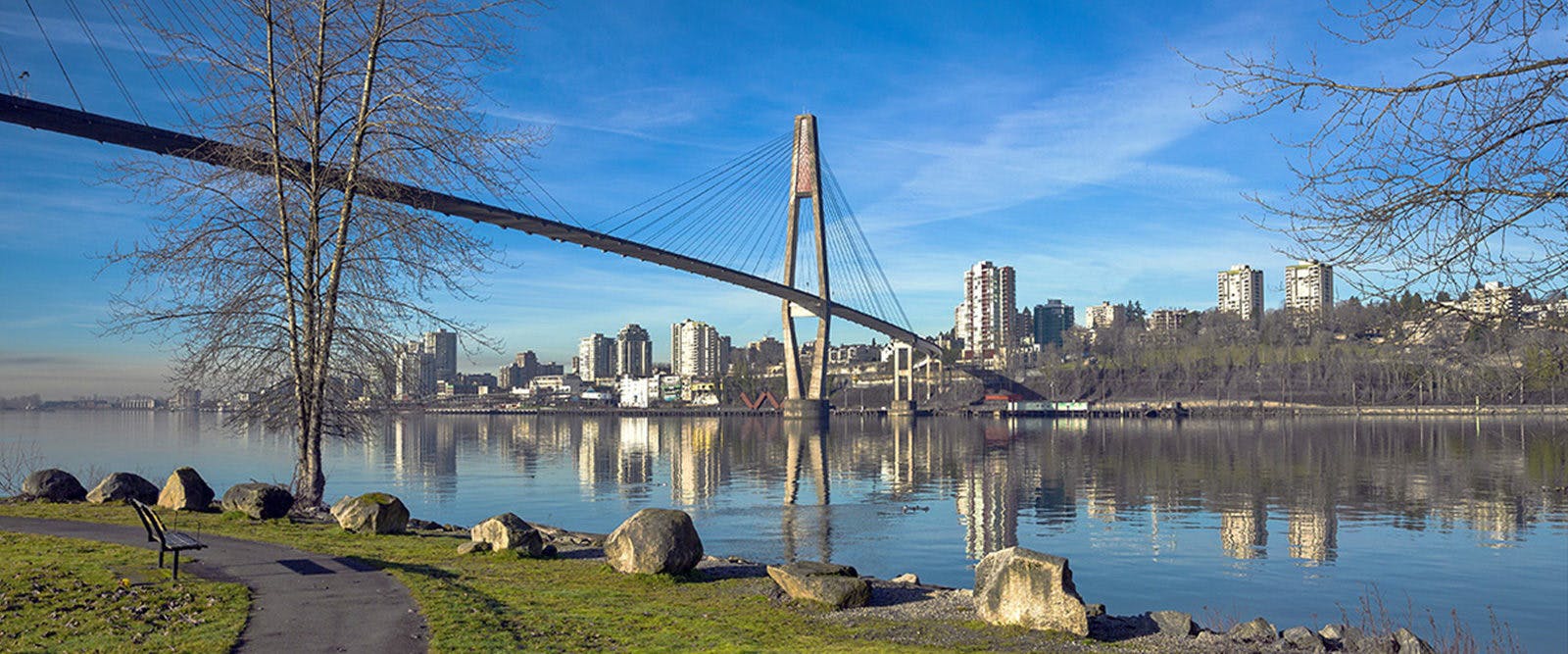British Columbia
New Short-term Rental Housing By-laws
In late 2023, the provincial government introduced the Short-Term Rental Accommodations Act which imposes stricter regulations and enforcement on short-term rental housing. As of May 1st, 2024, the Act will require short-term rental hosts to display a valid business licence number on their listing in regions where a licence is required by the local government. Short-term rentals will be limited to the host’s principal residence, plus one secondary suite or accessory dwelling unit, in select communities.
Additionally, protections for ‘non-conforming use of property’ will no longer apply to short-term rentals. Later in the year, the British Columbia government will implement a short-term rental registry, and require rental platforms to share data with the Province.
Expanded Speculation and Vacancy Tax
The province has expanded its existing speculation and vacancy tax laws to 13 new communities, including Penticton, Courtenay and Kamloops. Homeowners in applicable regions will be required to declare how they used their property in 2024 for the first time in January, 2025.
Introduced in 2018, the speculation and vacancy tax is 2% for individuals who don’t pay the majority of their taxes in Canada, or 0.5% for Canadian citizens or permanent residents who pay the majority of their taxes in the country.
Updated Zoning Rules
New zoning laws are under consideration to deliver more small-scale, multi-unit housing across British Columbia. Under the proposed legislation, one secondary suite or one laneway home will be permitted in all communities throughout the province. In most areas within municipalities of more than 5,000 people, by-laws will also be adapted to allow three to four units on lots currently zoned exclusively for single-family or duplex residential, and permit six units on larger lots close to transit stops with frequent service.
Additionally, the new zoning rules would require municipalities to update community plans and zoning by-laws on a regular basis to ensure that there is enough housing for current and future residents. Changes to zoning by-laws will roll out across 2024.


